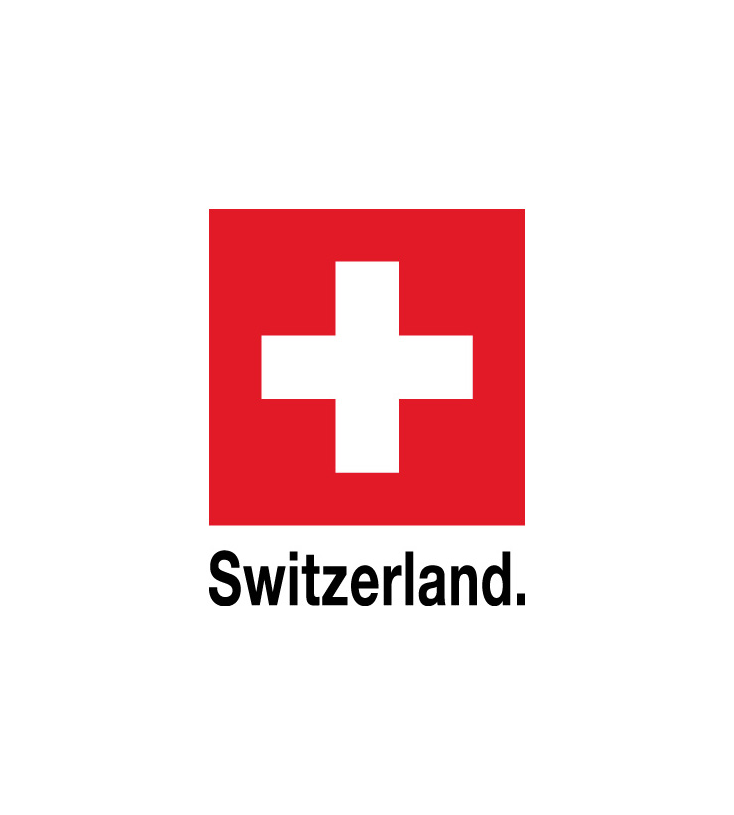
Cybersecurity Reporting: Human-centric Messaging & Your Guide to Cyber Hygiene
Reporting on cyberattacks has consequences for all levels of society. Decision-makers, members of the public, and industry experts are counting on civil society — such as independent journalists, watchdogs, and newsrooms — to help explain complex cyber issues and their relevance for people’s lives and livelihoods.
In pursuit of this endeavor, the CyberPeace Institute, the Global Cyber Alliance, and Swissnex in Boston and New York are joining forces to facilitate a new series of workshops — the first on ransomware — aimed at promoting cybersecurity and ensuring that we include a human-centric perspective when reporting on cyberattacks.
The workshop has three main objectives:
- Enabling the diversification of ransomware reporting to include human-centric perspectives.
- Equipping journalists with practical knowledge and skills to follow ransomware cases in a comprehensive and technically accurate manner.
- Providing cyber hygiene tools and training to increase the resilience of the participants against cyberattacks.
The first part of the workshop is a deep-dive opportunity to engage with peers and industry experts, highlighting the human-centric approach when reporting on ransomware. It will also provide insight on current reporting following cyberattacks, providing practical knowledge and skills concerning ransomware cases and the opportunity to participate in cyber hygiene training.
The second part of the workshop will provide free and effective training and tools to protect data, sources, and reputation by industry experts within the CyberPeace Institute and their partner community. This is an opportunity to increase the cybersecurity posture of journalists and direct them to resources to continue to strengthen their cybersecurity.
Program
Part I – Reporting Cyber Attacks
Part I of the workshop focuses on reporting cyberattacks, and it is divided into two sections. The first one will focus on how to cover and report on cyberattacks more effectively by maintaining the human element as an important part of equity reporting. This includes but is not limited to the language and wording used and the description of how international laws and norms apply.
The second section will focus on reporting trends and techniques such as ransomware modus operandi. This includes the type of methodology used such as simple, double, triple extortion; specific threat actor group; methods of infection; the impact on services and people; crisis management; a collection of evidence; recovery of strategies; ransomware negotiations; and the role of cyber-insurance in the to-pay/not-to-pay dilemma of ransomware.
Part II – Resilience Against Cyber Threats
Part II of the workshop will focus on practical training to strengthen journalists’ resilience against cyber threats. We will provide personal cybersecurity training to empower journalists both to better defend themselves from cyber threats, and better report on them. It will focus on journalists’ risk profiles; provide an overview of threats against journalists; and produce an infosec/opsec for journalists on how to detect threats (such as phishing email, smishing with ransomware, etc…) and how to react to those threats.
Part II builds on the GCA Cybersecurity Toolkit for Journalists and on the Blueprint for Free Speech. The first one provides free tools, training, and resources for independent journalists, watchdogs, and small newsrooms to bolster their cyber hygiene and protect themselves from online attacks and abuse. During the session, presenters will walk through the features of the toolkit and discuss how these can be best used to best protect yourself, your work, and sources through multi-factor authentication (MFA), password management, and encryption, to cite a few elements.
The second part builds on the Blueprint for Free Speech and delves into the more specific cybersecurity challenges for journalists such as defending a source’s identity via technologically guaranteed anonymity; client-side-encrypted cloud storage of data; circumventing cybercensorship, and help developing-world contacts solve their pirate-software cybersecurity main challenge.
For more info, you can find a detailed workshop agenda here.
Speakers
Marietje Schaake, President, The CyberPeace Institute
Klara Jordan, Chief Public Policy Officer, The CyberPeace Institute
Roxana Radu, Research Associate in Advancement, The CyberPeace Institute
Bruno Halopeau, Chief Technology Officer, The CyberPeace Institute
Bernhard Schneider Cyber Data Analyst, The CyberPeace Institute



